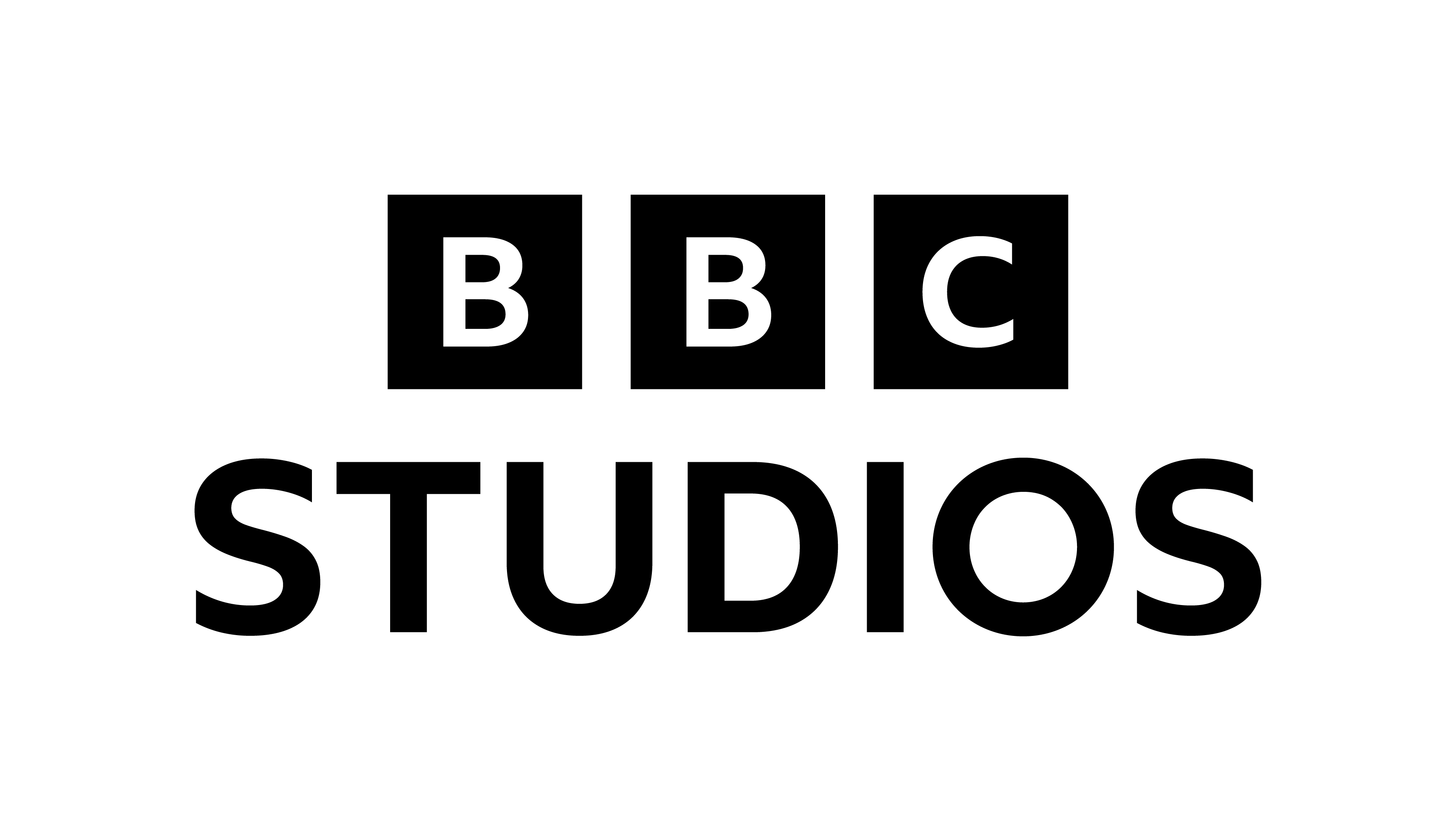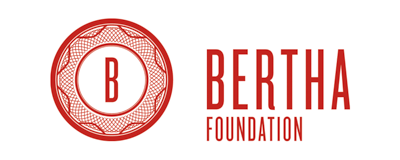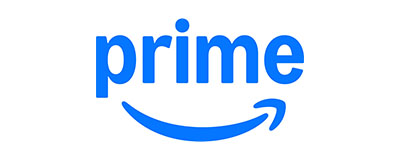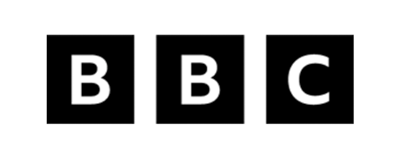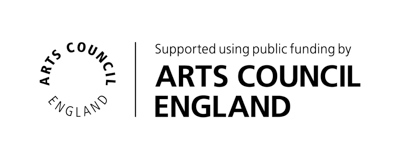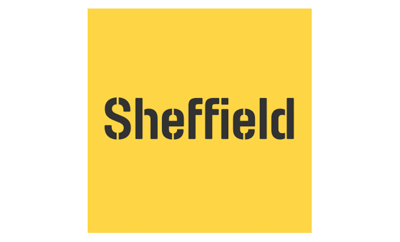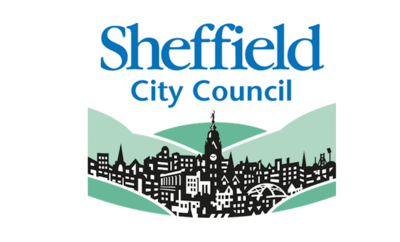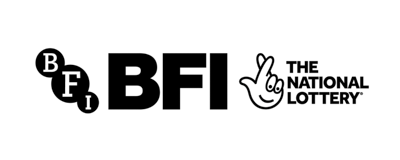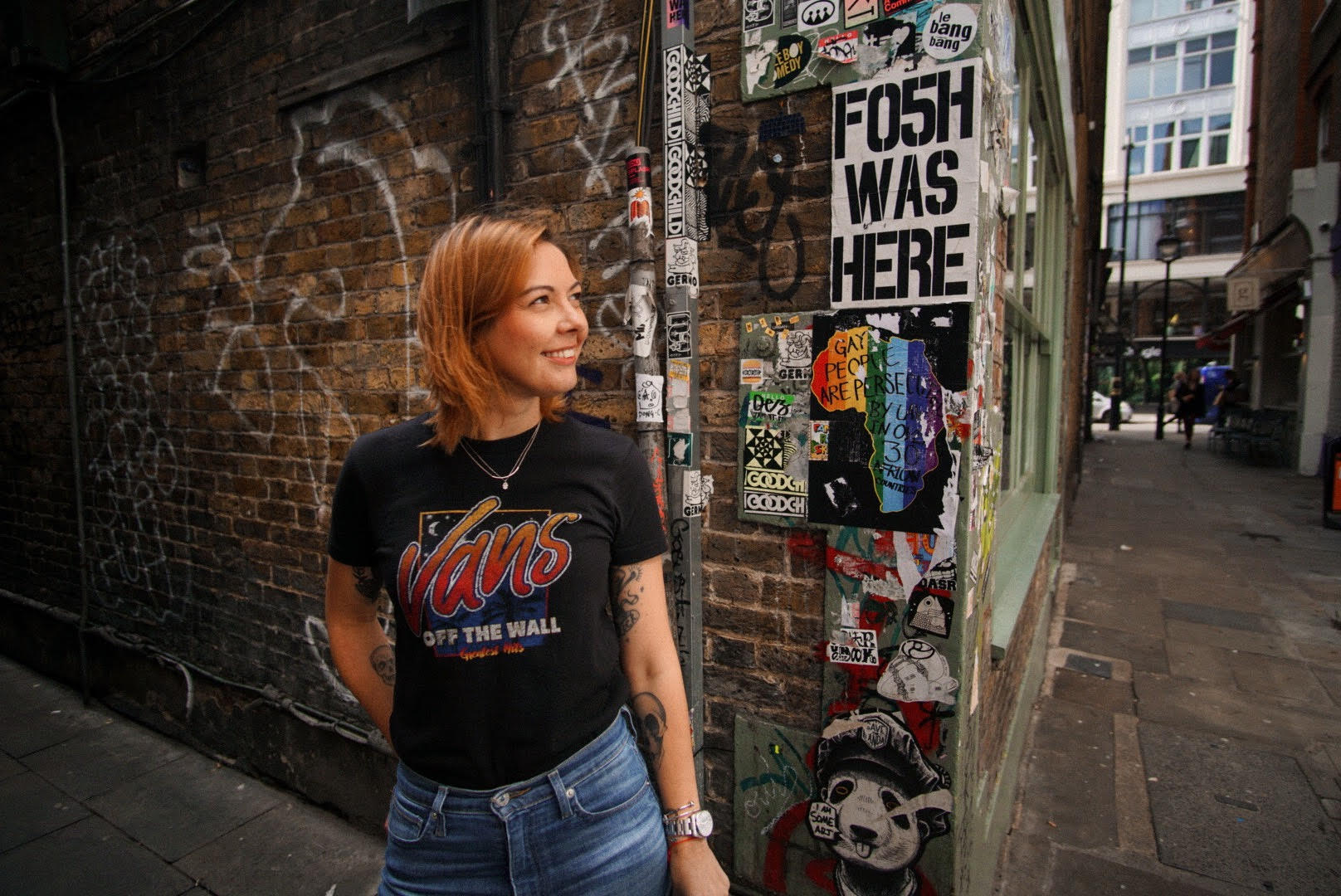
A post from our Festival Audio Partner, Warner Chappell Production Music
Music, how we all love it so. From jazz to pop, death metal to opera, it gives feels, enhances moods, and, in the context of this festival, can bring your production to life and, at the same time, give the heebie-jeebies to any producer attempting to clear all the necessary rights.
It's one of those things that feels far more complicated than it needs to be and, at times, dealt with right at the end of an edit. In some cases, where production is unable to clear certain songs, the process can not only slow projects down but also result in having to re-edit whole segments or in a worst-case scenario whole projects.
Throughout my career, I have heard far too many anecdotes from producers about their dislike of dealing with music rights. For some, it's a sea of too many acronyms (PRS, MCPS, PPL, MFN….); for others, it's the basic fact that while music rights clearance is a fraction of their day-to-day creating, producing and coordinating a production into a broadcastable reality, it can slow a whole project down.
Music rights tend to be seen as a pain point rather than a simple fact of production life in just needing some great music for a project. I won't even patronise you by going into financial limitations music presents in ever-shrinking production budgets.
So here I am, taking it upon myself to share some wisdom from the other side of the fence to help you in your mission to use the best tunes in whatever you're creating.
In the context of audio-visual production, you - the producer that is - only need to worry about the clearance of two rights for every song you want to use:
1. Master - the right to reproduce and distribute the sound recording of a song. In
simple terms, this is the right to use the actual version of a song. This is usually held
by the artist(s) and record label (e.g. Warner Music).
2. Composition - the right to a song's lyrics, harmony and melody. This is usually held by the songwriter(s) (which can differ from the artist who performed the song) and the publisher(s) (e.g. Warner Chappell Music).
To break it down to a famous song example - if you want to use Valerie (written and performed) by The Zutons, you need to clear the master (The Zutons + Deltasonic) and composition (The Zutons + Warner Chappell Music), but if you wanted to use Valerie (performed) by Mark Ronson and Amy Winehouse, you need to clear the master (Mark Ronson & Amy Winehouse + Columbia Records and composition (The Zutons + Warner Chappell Music).
The above should always amount to 100% of the rights of a song. Confusingly, this can sometimes be referred to as 100% for both rights or 100% for each of the rights. That's not intentional in making clearance confusing or complicated, but rather because traditionally, the artist(s), songwriter(s), publisher (s), and record label own 50% of each right. That's to say, the master is formed of 50% to the artist(s) and 50% to the record label(s), and the composition 50% to the songwriter(s) and 50% to the publisher(s), so if you're dealing with the publisher, they may refer to 100% clearance, but as they can only clear the composition, they mean the 100% they can speak for.
Assuming you're still with me, here's how you get this done. The first port of call is PRS for Music and PPL to check the Works database and establish what rightsholders are associated with a 'work' (that's publishing speak for a piece of music). Then, get in touch with the relevant parties to arrange a synchronisation licence (the right to physically sync the music into a production). That's the bit that grants permission to use the work in your production for an agreed fee.
With commercial music, there is a general way of working to an Most Favoured Nations (MFN), which means all rights holders (master and composition) of a song will be awarded equally for the same licence. This means one party can't quote and be awarded £1 if the other quotes £10. Great news for artists and songwriters - everyone's a winner!
Better still, many UK broadcasters have blanket licences in place that cover clearance for millions of songs to enable use for UK broadcast. If you're unsure, get in touch with the broadcaster's music team - they're all lovely and will be happy to help (and you'll be glad you asked!).
Another option in this space is hiring a Music Supervisor. This person would recommend music for your productions and handle all the relevant licensing admin. Their fees vary, but most charge a percentage of the works they clear.
Aside from commercial music, the most common choices for music in audio-visual productions are bespoke composition and production music (aka library music). Bespoke broadly speaks for itself, as it does what it says on the tin. That is, a producer would commission a composer to write music to brief and/or picture and will be granted the composition and master rights, and sync licence as part of an agreed fee directly with the composer or their agent.
Production music is where I get rather excitable (and biased), but I do genuinely think it's a great solution from a cost and timing perspective. Plus, we offer every genre and style of music under the sun, so there will always be many options for whatever you want to achieve with your soundtrack.
As a bit of a history lesson, production music came about to speed up the writing-to-picture process in silent films and was sold as sheet music to be used across a variety of films. The reason it's much easier to clear is that the business model was set up as such that production music libraries (e.g. Warner Chappell Production Music) hold both the master and composition rights and don't require the writer/ composer to grant permission for the use, meaning there are no restrictions on subject matters, brands etc., should a writer be adverse to them (don't worry, they are well aware of this term in advance of releasing their music into this space).
There are a few business models in production music. Some are automatically cleared via the broadcaster, MCPS, or IPC licence agreements, and some clear their music directly in-
house.
Finally, if I leave you with one nugget of advice, it would be to think about music as early as your production schedule permits. And don't do it alone - contact music/ sync teams, Music Supervisors and in-house Music Consultants at library houses. We're experts in our respective fields and know our catalogues better than anyone. We have jobs, so we can help set you up with the most appropriate licence and marry your productions with the most suitable music - be it to a specific brief or budget.
If you’d like any further sound (pun 100% intended) advice, please get in touch:
Lina Tebbs, Director of UK Production Music, Warner Chappell Production Music
KV Dayal, Creative & Licensing Manager, Warner Chappell Music
Georgie Hughes, Sync Coordinator, Warner Music
Lina Tebbs is Director of UK Production Music at Warner Chappell Production Music. She has worked
in the music industry for the best part of 20 years. Before her role with WCPM, she held senior
positions at Audio Network, Felt Music and has consulted for the likes of AIMS API, Lingopie, No
Sheet Music, and SynchTank.
She was previously a member of PRS for Music LCAG committee, and is a member of the MPA
Production Music Strategy Forum and a board member of International Production Music Group.


